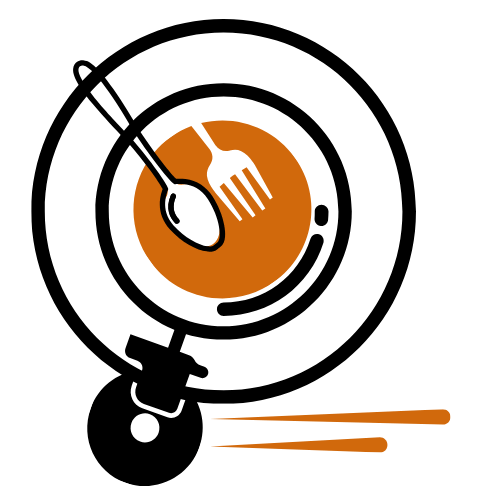Money & Finance
The Benefits of Drinking Water for Weight Loss
The Benefits of Drinking Water for Weight Loss
While water can not target abdominal fat, it can help you lose weight. Drinking adequate water daily can help you lose weight permanently. If you break your water fast, the weight will return.
Weight Loss with Water
Stay hydrated with water. Adult women need 9 glasses of water a day, and males 13. This keeps you hydrated and prevents thirst from being confused with hunger. Your body may believe it is full of food when it is actually full of zero-calorie water.
Obviously, your real water needs will depend on your weight and exercise level.
Keep a water bottle handy all day.
Know your bottle’s capacity and refill it regularly enough to achieve your daily water goals.
Wait 10 minutes if you’re hungry. A little snack will do the trick. A glass of water usually does the trick.
Calorie-free water replaces cola Giving up your calories is an easy way to lose weight. Your morning energy drink, lunch Coke, and evening beer are all empty calories.
Your social life may include drinking with friends. Just be careful. Drink water to stay hydrated and avoid alcoholic calorie overload. Aim for a 1:1 alcohol to water ratio.
Let’s drink coffee. You are not alone in your morning struggle. The daily water intake includes coffee and tea. These unsweetened, caffeinated drinks are considerably superior to energy drinks.
Don’t over-calorie these drinks. Lactose, sugar, and flavoring syrups are combined in a Frappuccino.2 calories and no fat per cup of coffee!
Caffeine requires water to be metabolized. Drink enough water to support your metabolism.
Fruit-flavored waterYou can make your own flavored drinks without the sugar and calories. Refrigerate your favorite fruits—strawberries, lemons, cucumbers. Drink the water after a few hours and it will taste like fruit.
Water between bites. Water supports kidney function in digestion. Taking a sip of water between bites can also help. You may overeat if you eat too quickly. It takes your body 12–20 minutes to detect fullness. They usually feel bloated and exhausted after eating. This permits your brain to process your stomach’s fullness.
Hydration pre-and postworkout Drinking water has been demonstrated to boost the metabolic rate, allowing the body to burn more calories. [8]: The metabolic boost is slight yet significant, and easy! Increasing regular water intake by 6 cups may help you lose 5 pounds in a year.
Make sure you drink enough water to replenish your sweat loss. If not, you risk dehydration and other health risks.
Weight Loss Through Water Fasting
Realize that water fasting is temporary. During a water fast, you only eat and drink water. Since your body is not consuming calories, you lose weight quickly. You’ll gain back the weight you lost while fasting. Because your metabolism slows down without food, you may regain more weight than you lost when you eat again. . To lose weight, drink plenty of water.
Consider the dangers of water.
Humans are tough and can go days without food if not dehydrated.
Most people can fast for a few days if they drink enough water to trick their stomachs.
Some people should never fast. Type 2 diabetics must eat often to manage blood sugar. Consult a doctor before fasting.
Children, the elderly, and the chronically unwell should not fast.
Even healthy people suffer from fasting. Stopping eating causes fatigue and disorientation. You may be nauseated, constipated, and hungry.
Consider a healthy eating detox. Eat lean proteins, veggies, fruit, nuts (almonds and cashews), and complex carbs like sweet potatoes, brown rice, and quinoa for at least 48 hours.
only a few days. Fasting for 21 or 30 days without a doctor’s supervision is dangerous. The feast is only three or four days before the event. You and others may be affected by your fatigue and dizziness.
Enjoy a stress-free week. Don’t fast if you have a business deadline or are driving. Due to the detrimental effects, you may perform poorly or act recklessly.
Fasting leaves you with no extra calories to burn. It’ll make you sad! A few days of stress-free, low-energy rest is ideal.
fast before the event. You don’t want to feel sick, tired, or dizzy! To avoid gastrointestinal troubles, avoid fatty foods after a fast. To get back on track, eat fruits and veggies.
